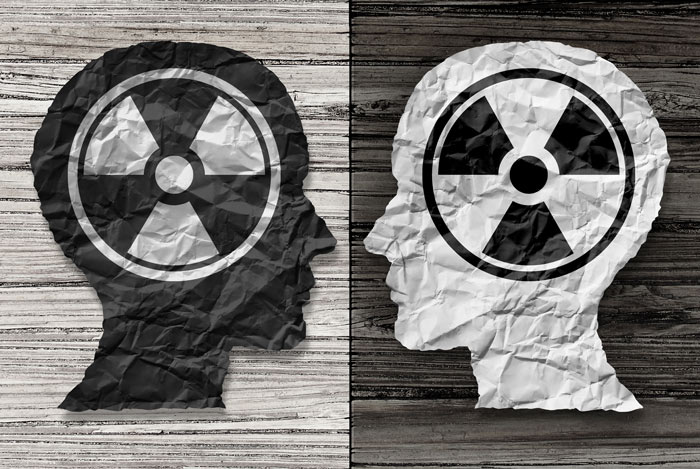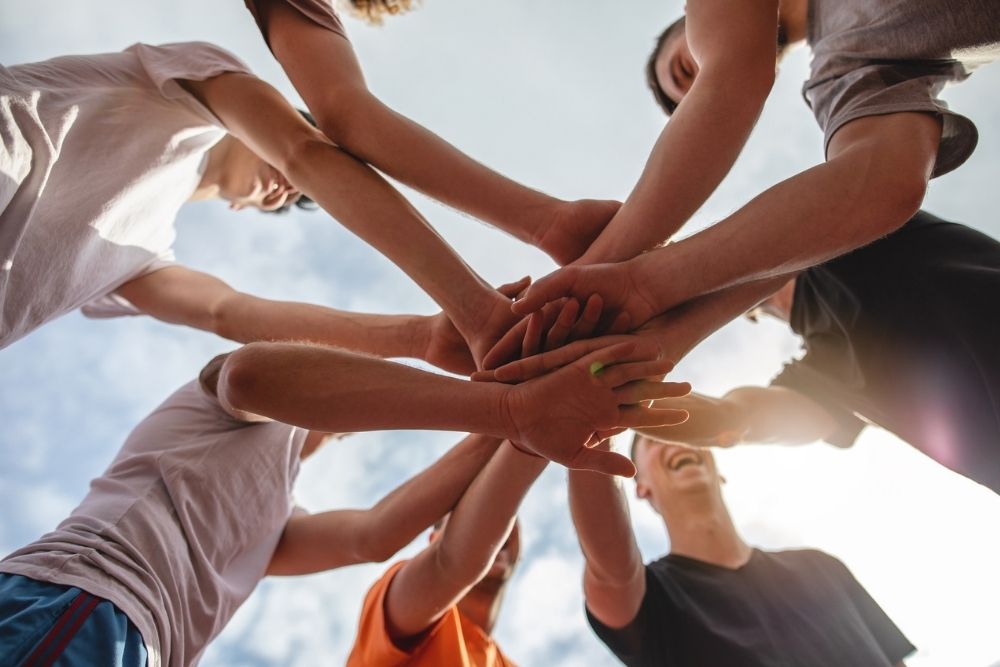Relationships and Recovery
When we think about important steps to take to support recovery, we often think about making amends to people we have hurt as a result of a substance use disorder. That process is one of the 12 Steps, but even if you aren’t participating in a program like Alcoholics Anonymous, you may still want to do the hard work of apologizing to friends, family, and coworkers in the hopes of moving forward in a more positive way.
As important as that process is, however, it is equally important to recognize the toxic relationships in your life. If there are people in your circle who do not support your recovery—or worse, who actively undermine your recovery—you will need to separate yourself from them. This will certainly be challenging, but it is absolutely essential to maintaining your sobriety over the long term.
What Makes a Relationship Toxic?
Even the best, most supportive relationships can experience rough patches. This is especially true when one or both parties in the relationship are going through something difficult. Those difficulties may include substance use disorders, of course, but might also involve a range of other challenges—divorce, illness, a stressful work situation, and much more.
In a healthy relationship, however, the people involved are able to overcome any difficulties between them because they value their connection to one another. And they offer each other grace when one or the other of them is going through something challenging.
In a toxic relationship, support and grace are not present. Instead, the toxic individual makes the other person feel worse each time they interact. And that might include enabling or encouraging negative behaviors—especially if the toxic person is not addressing his or her own substance use disorder or other serious issue.
If you are working to maintain your sobriety, you simply cannot remain in a relationship that threatens your resolve. This is true no matter how much you love or rely on the toxic individual.
How to End Toxic Relationships
We won’t pretend that ending a toxic relationship is easy. While there is plenty of advice on offer from various sources for ways to make it easier, the central part of the process is fairly straightforward. You must stop interacting with the toxic person. Ideally, you will have an opportunity to explain to the person in question why you must end your relationship, but if that emotional conversation is likely to threaten your sobriety, you are under no obligation to explain yourself.
Ending your relationship will mean blocking the toxic individual on social media and on your phone. It will mean declining invitations to activities that you know will include the other person—and a determination to leave any time you run into the person by chance. And it might mean reminding your mutual friends or family members that you have ended the relationship and you are not interested in talking about the toxic person under any circumstances. (That said, talking through the emotions involved in ending the relationship is a perfectly appropriate topic of discussion with your therapist or your sponsor.)
Surround Yourself With Positive People
The flip side of ending toxic relationships is fostering positive connections. Building a community of people who support your sobriety and who make you feel good about yourself is just as important as separating yourself from negative people and situations.
You will want to be sure that your social life remains free of the temptations of alcohol and other substances, but as long as you keep that in mind, building and maintaining good relationships is the best way to stave off loneliness. Loneliness and isolation can contribute to relapse, so finding those positive connections should be an ongoing priority in recovery.
Need Help? Build a Healthy Relationship with Us
At Bel Aire Recovery Center, we are ready to build a strong relationship with you based on respect and personalized care. Our staff will develop a treatment plan that is designed for you and your needs. And we’ll provide ideas and resources after rehab to support your ongoing recovery. Relationships have their ups and downs, but when you build a relationship with Bel Aire Recovery Center, you can be assured we will always be here for you.




